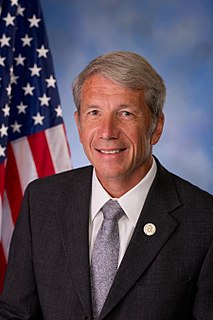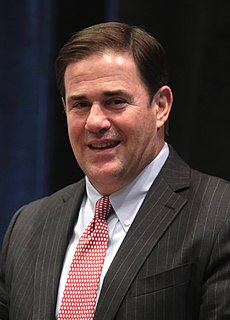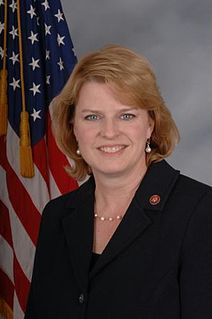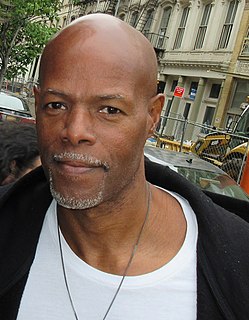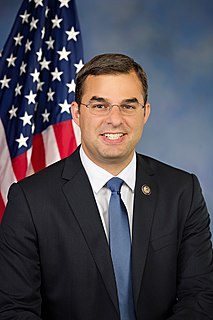A Quote by Kurt Schrader
I'm big on this 'no budget, no pay.' I think that's important. Let's get right at the heart of the issue. Even when I was in the state legislature, the most important function we had was to pass the bloody budget.
Related Quotes
I don't know what the misconceptions are, but I approach a small budget, artsy, independent movie in the same way as a big budget, commercial Hollywood movie. I don't get into those [details]. I have to get into my character and I concentrate on that, on the story, on researching, and on certain training if I have to be prepared physically. I think that's the most important thing.
Senator McGovern is very sincere when he says that he will try to cut the military budget by 30%. And this is to drive a knife in the heart of Israel... Jews don't like big military budgets. But it is now an interest of the Jews to have a large and powerful military establishment in the United States... American Jews who care about the survival of the state of Israel have to say, no, we don't want to cut the military budget, it is important to keep that military budget big, so that we can defend Israel.
I think that sometimes you don't have the opportunities for some of the most A-list-type movies, big-budget movies. But I think it's important to keep working and make the best of what's available. Because otherwise, what? Are you just going to get bitter and moan? What does my mom always say? "If you can't stand the heat, get out of the kitchen."
